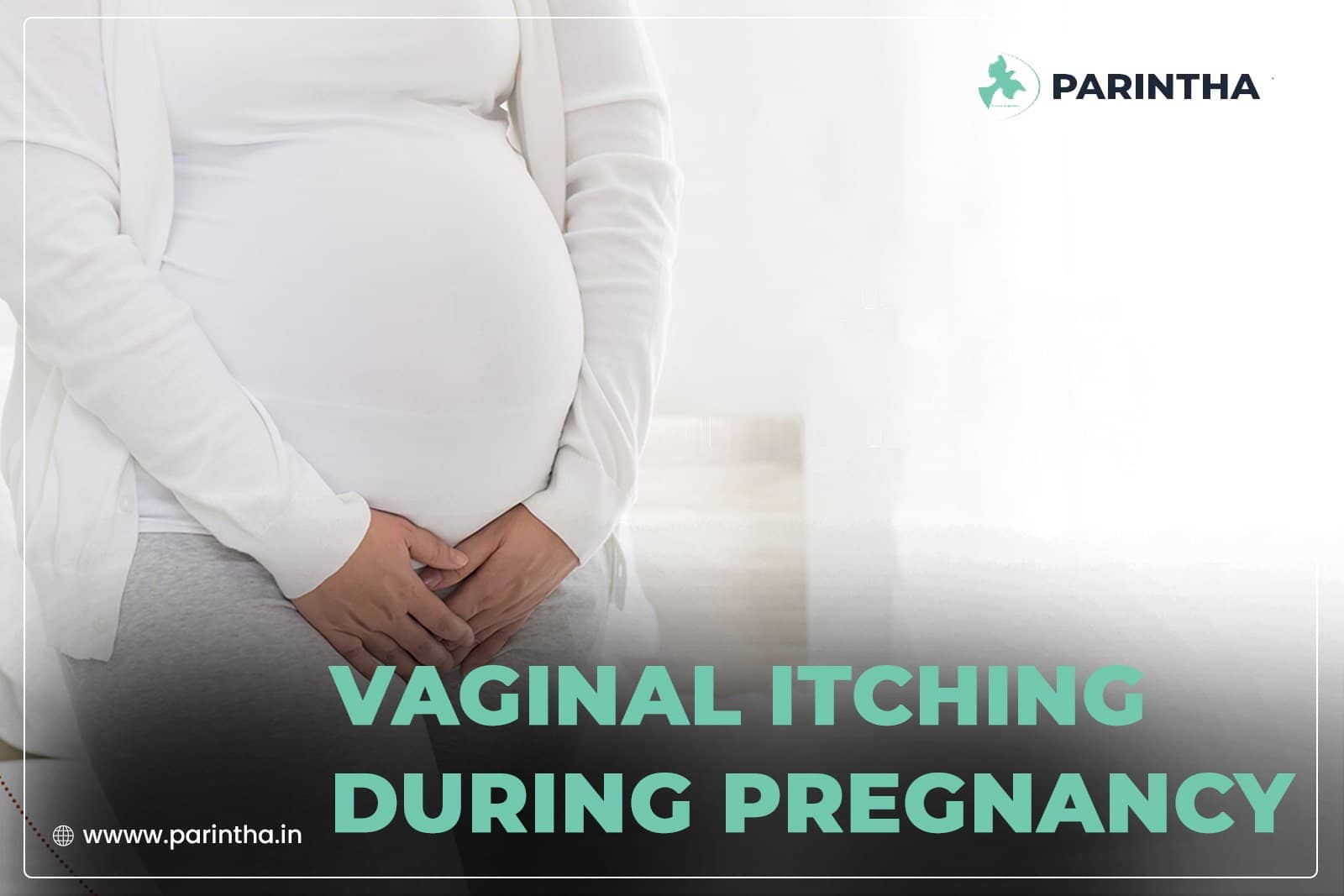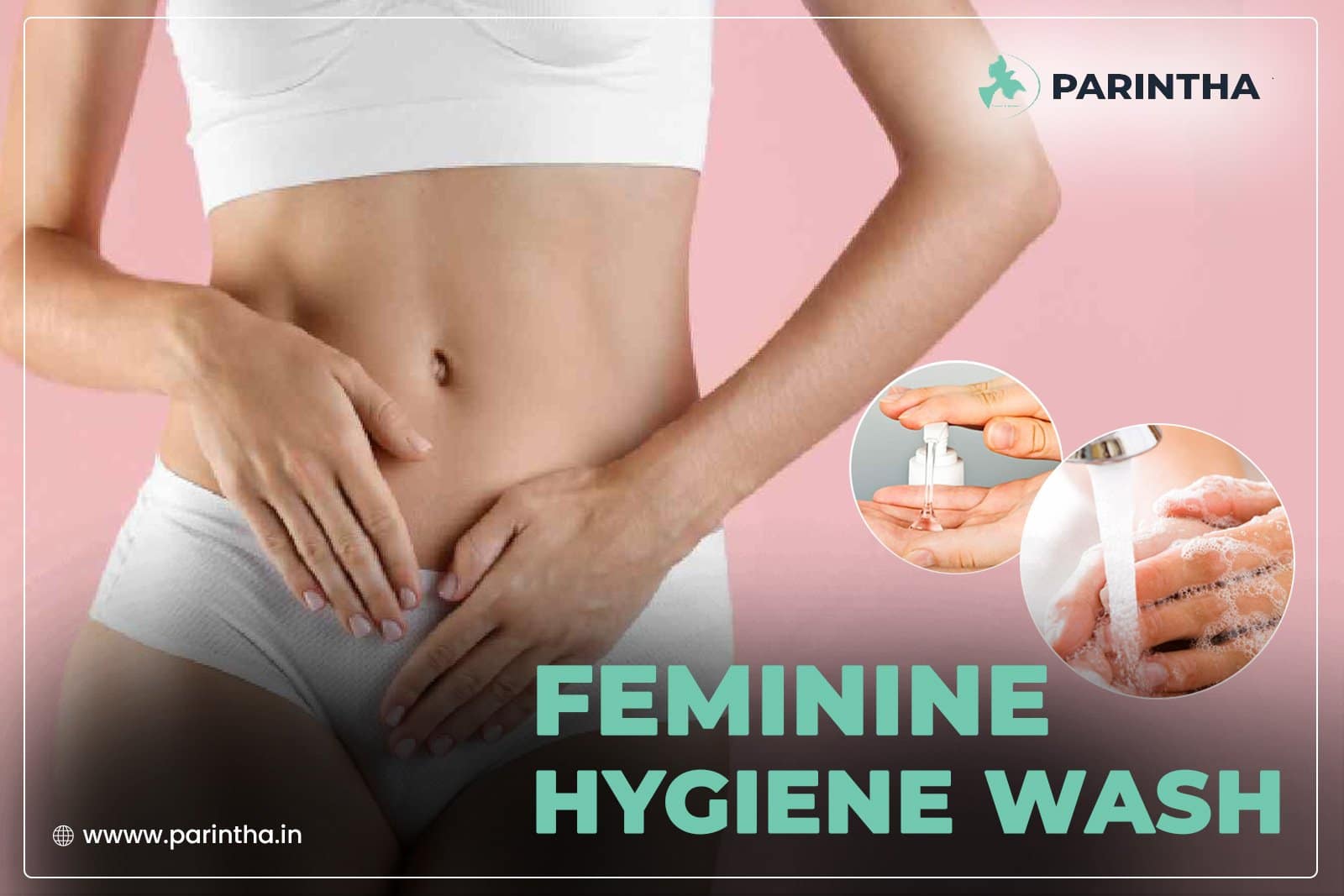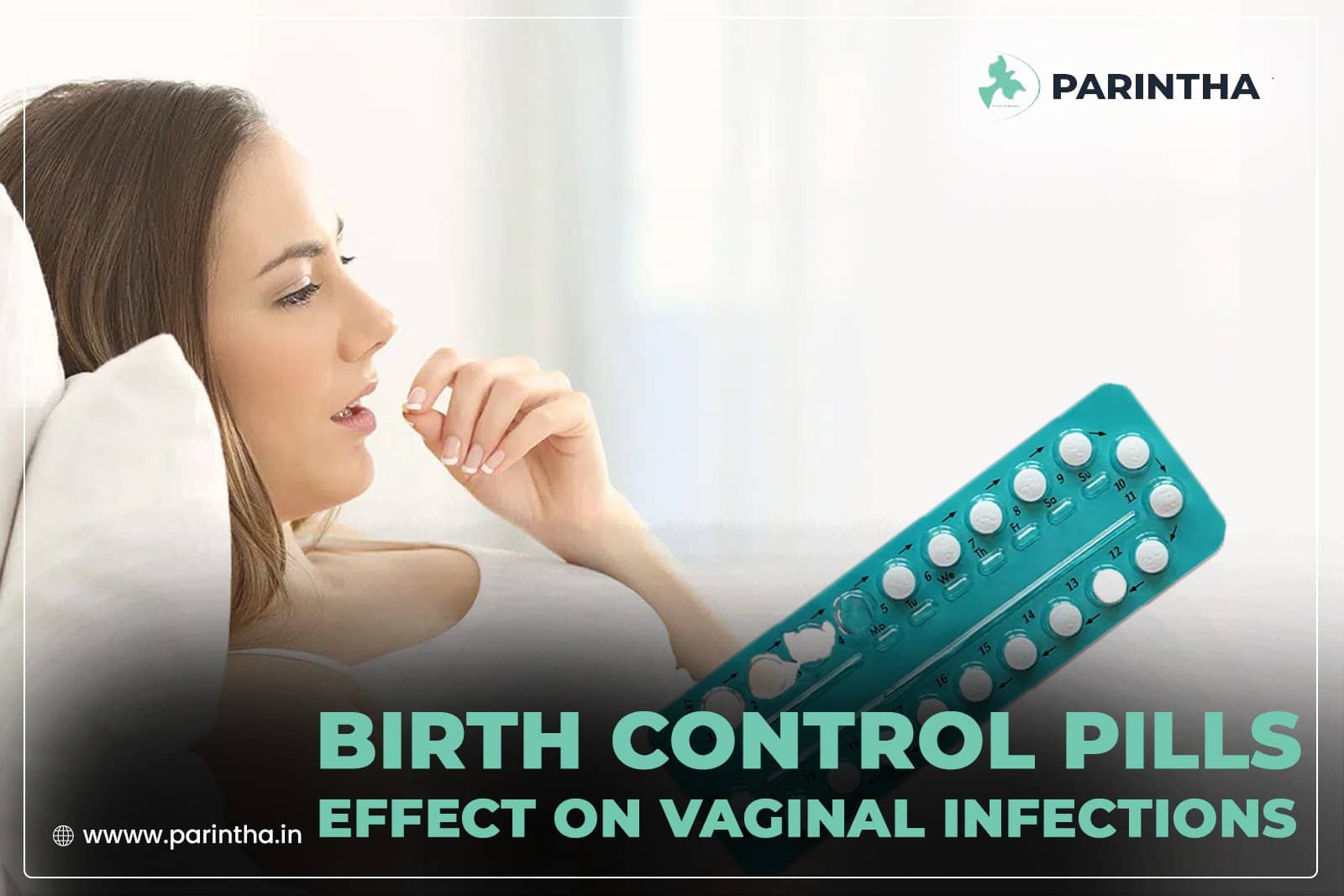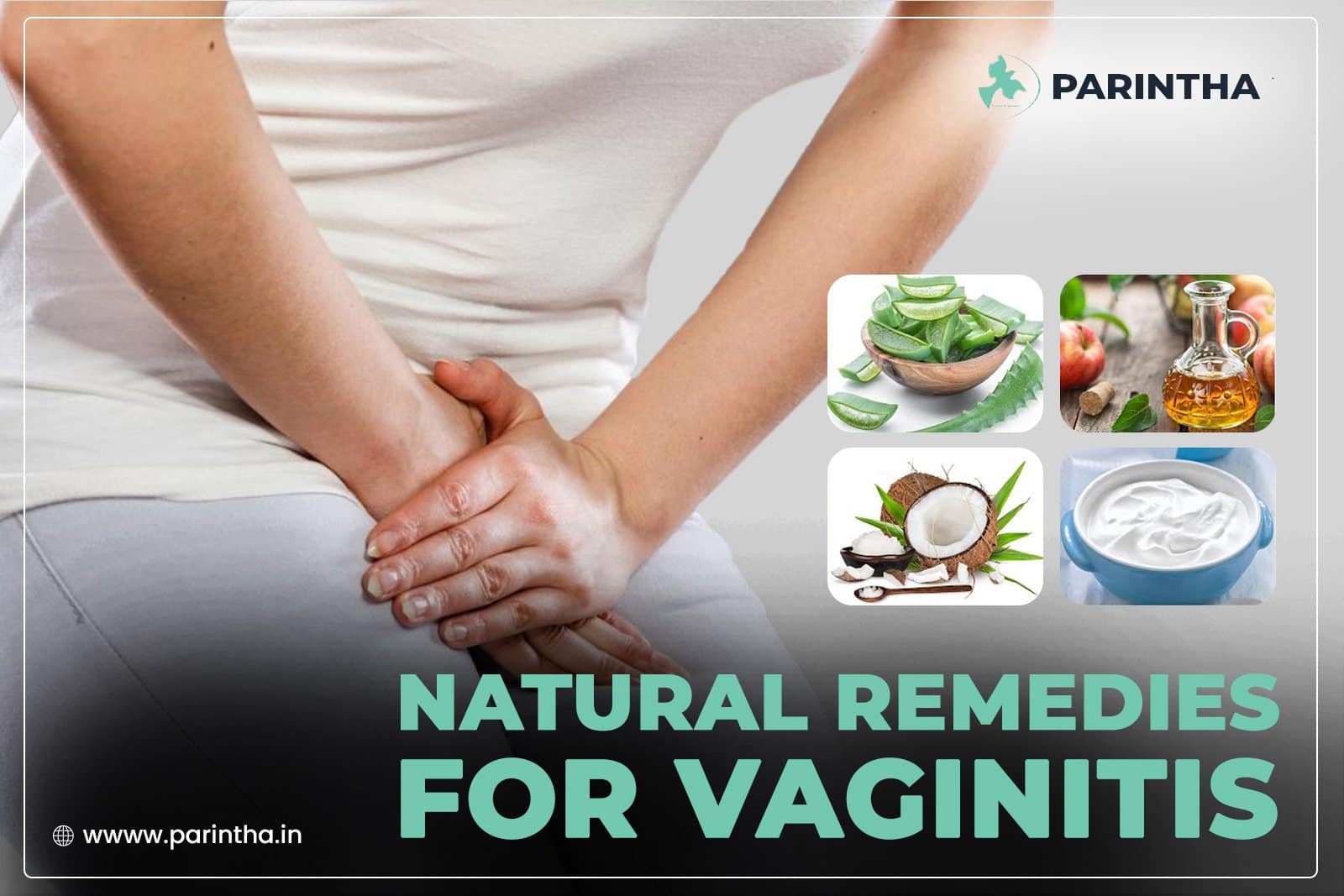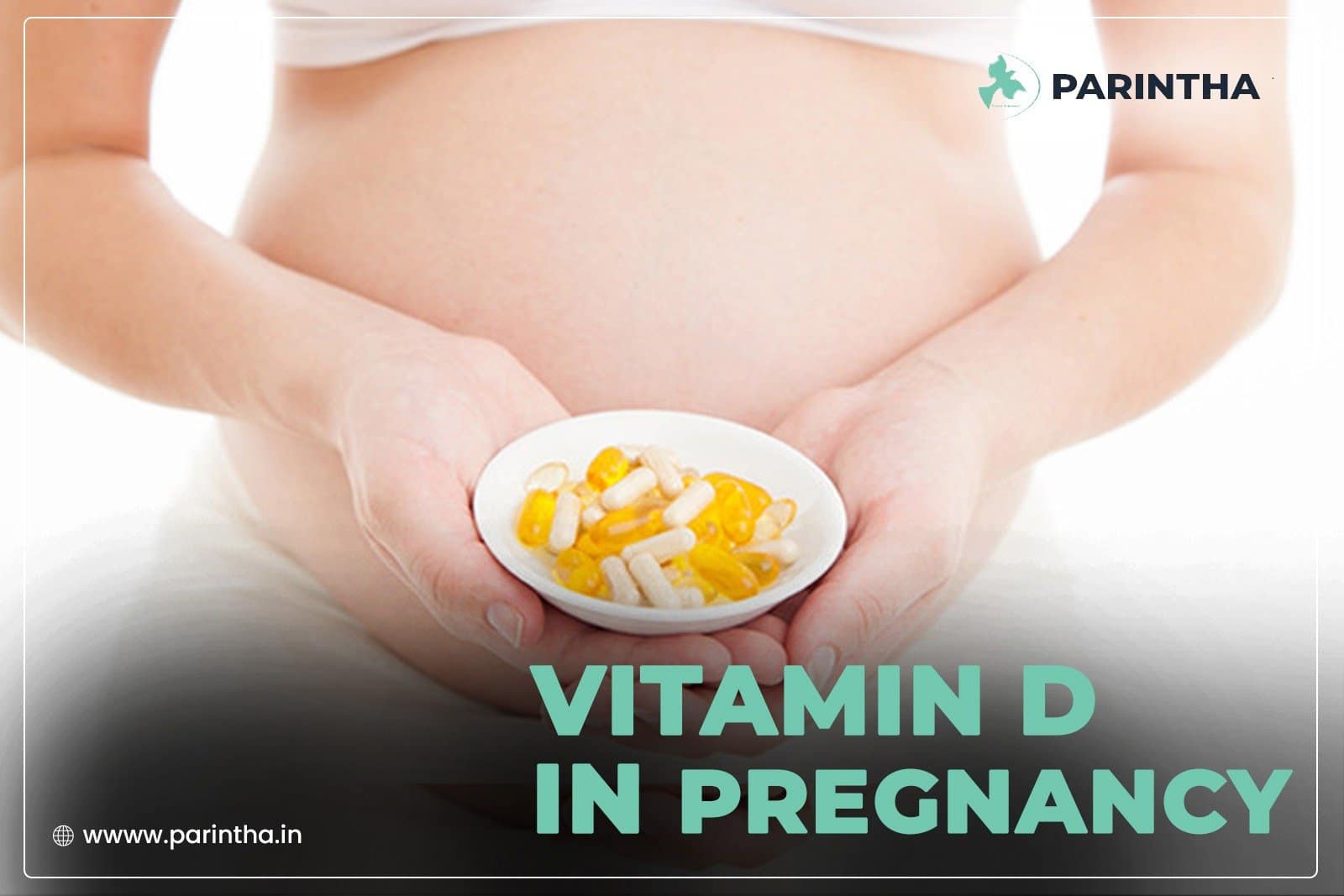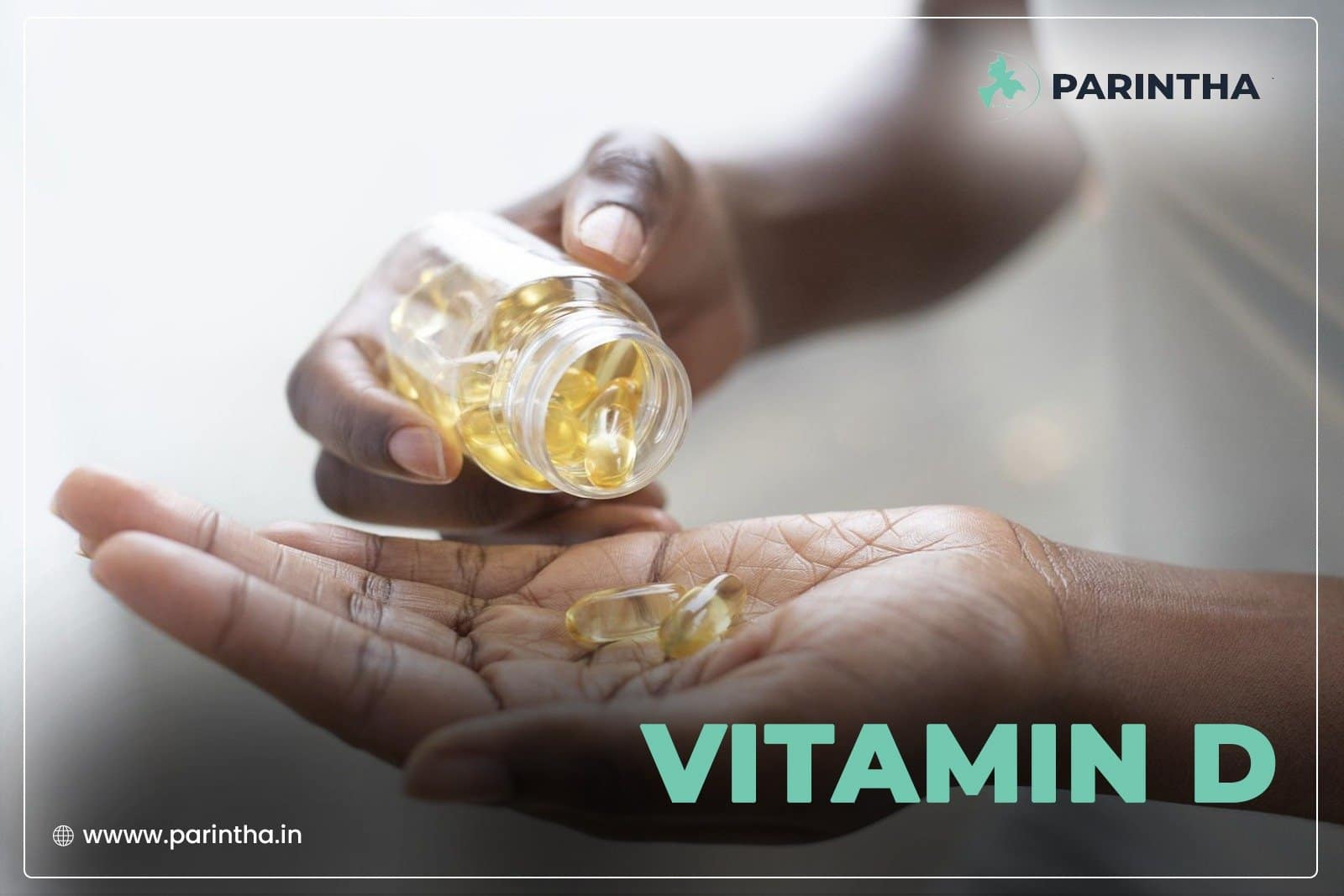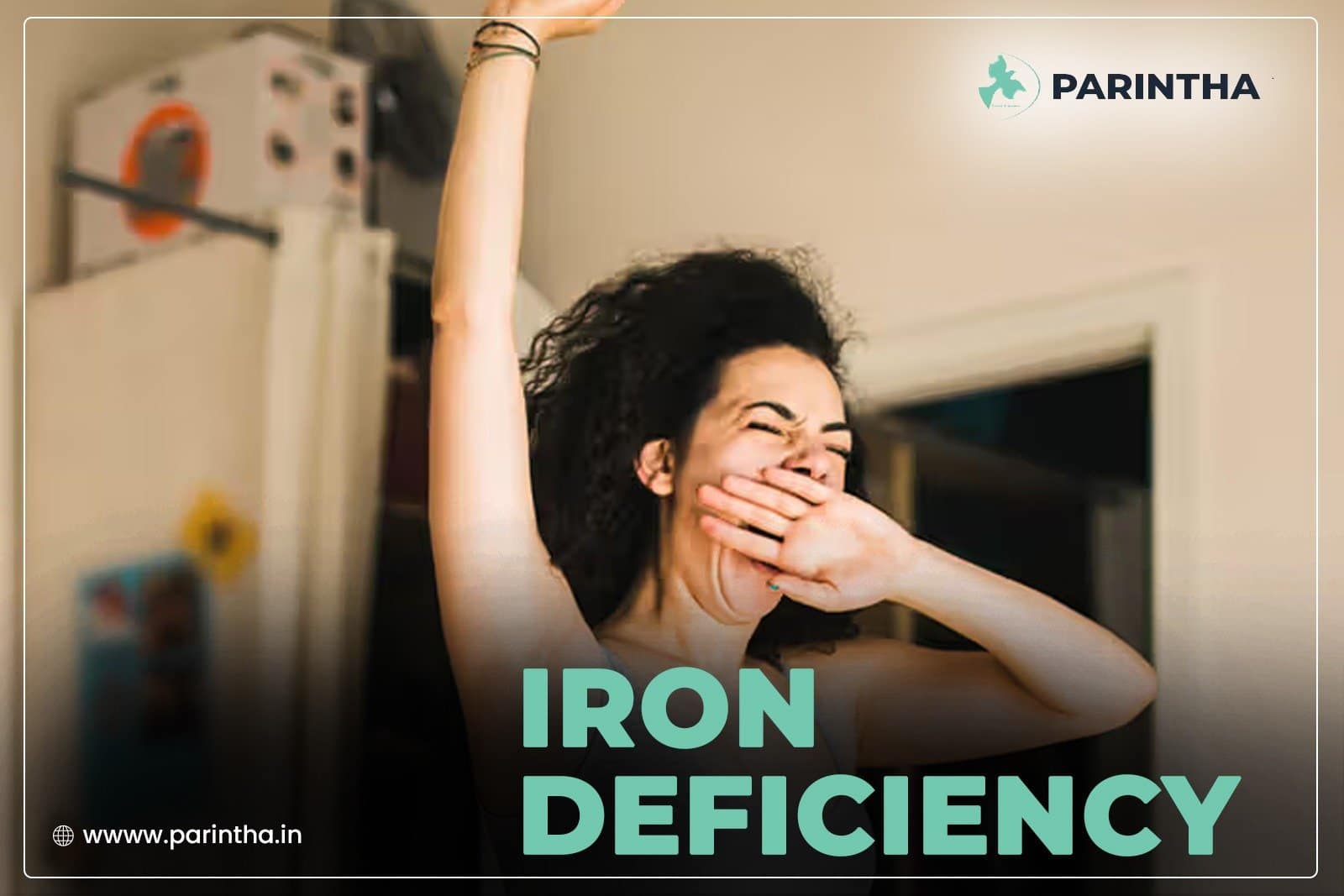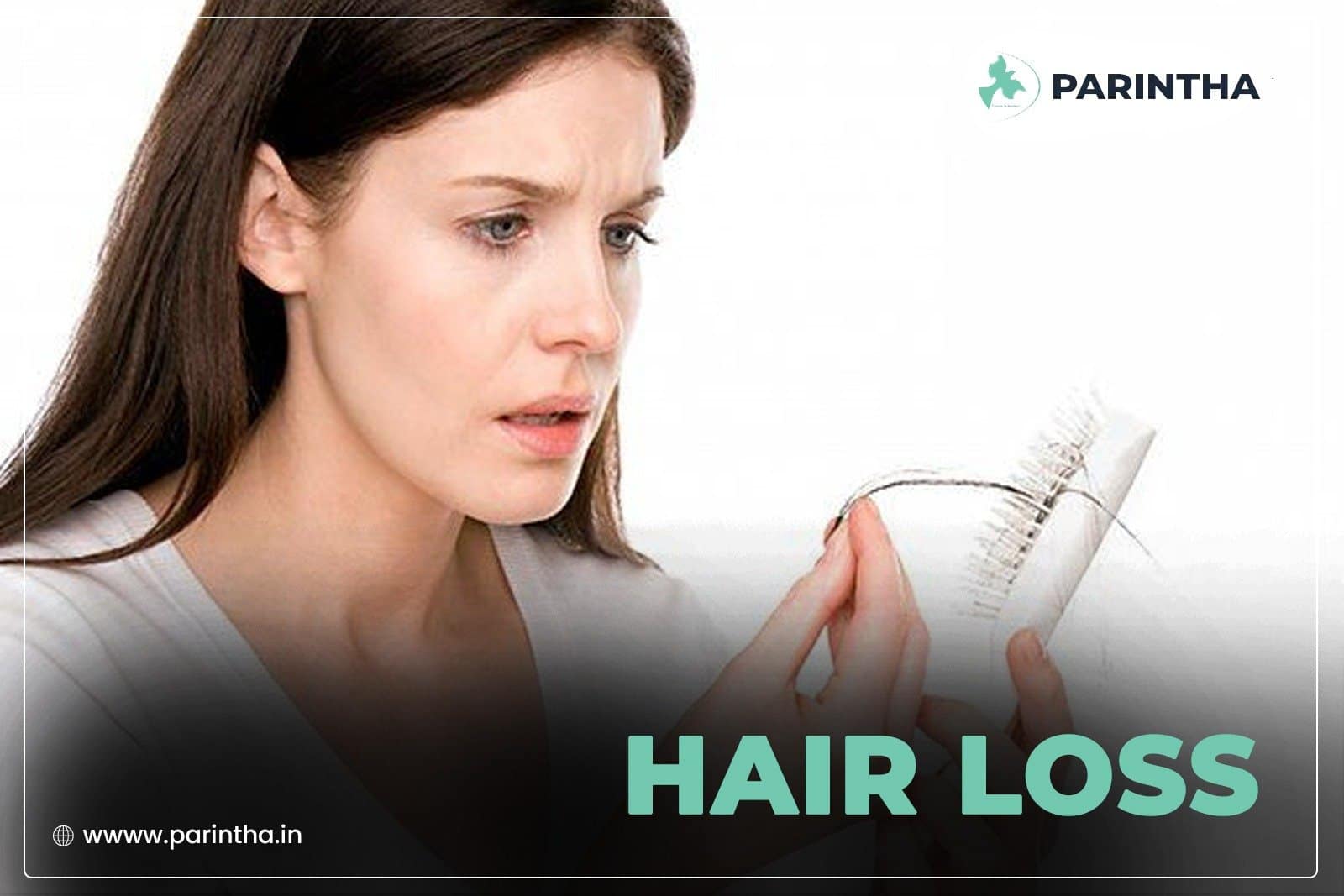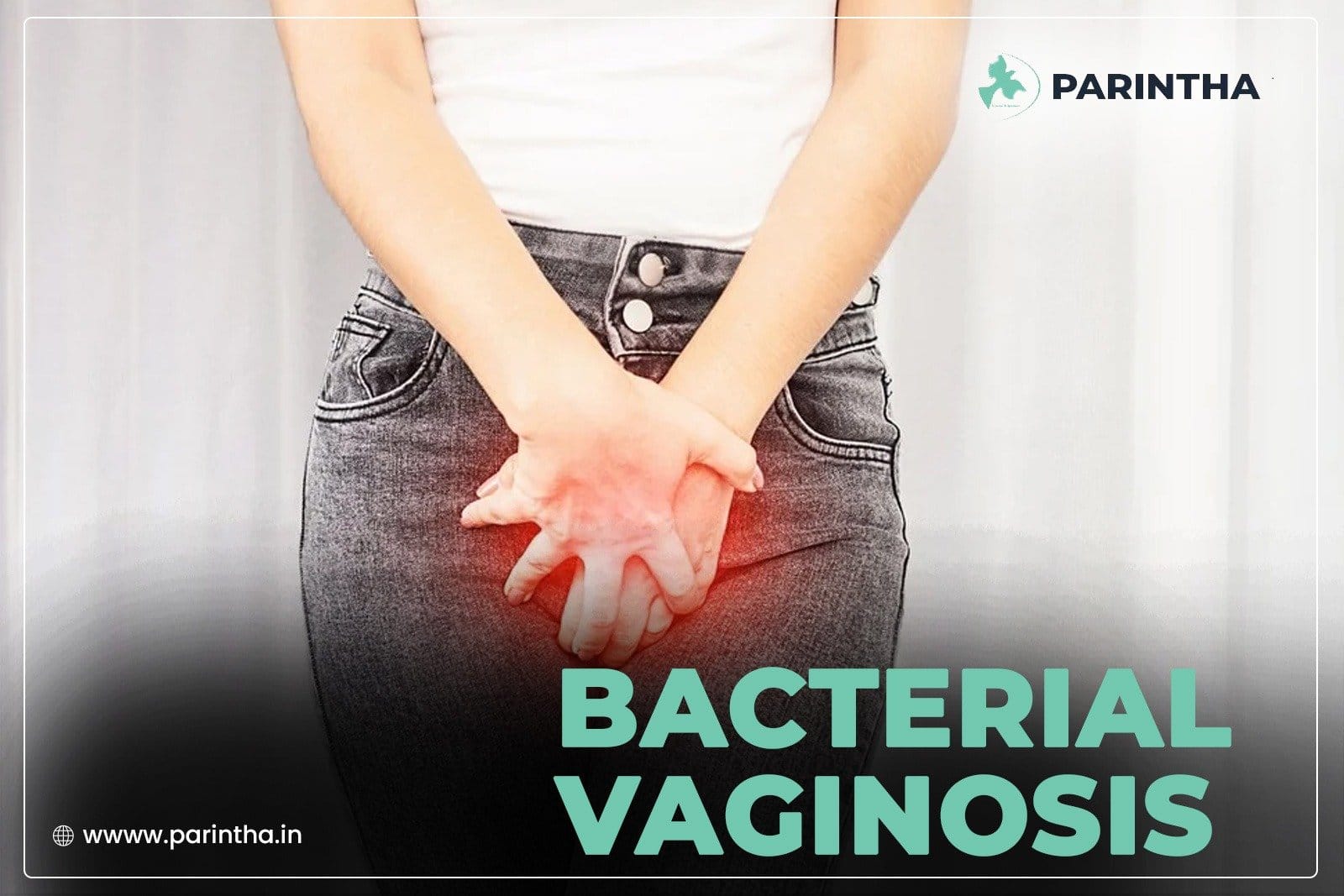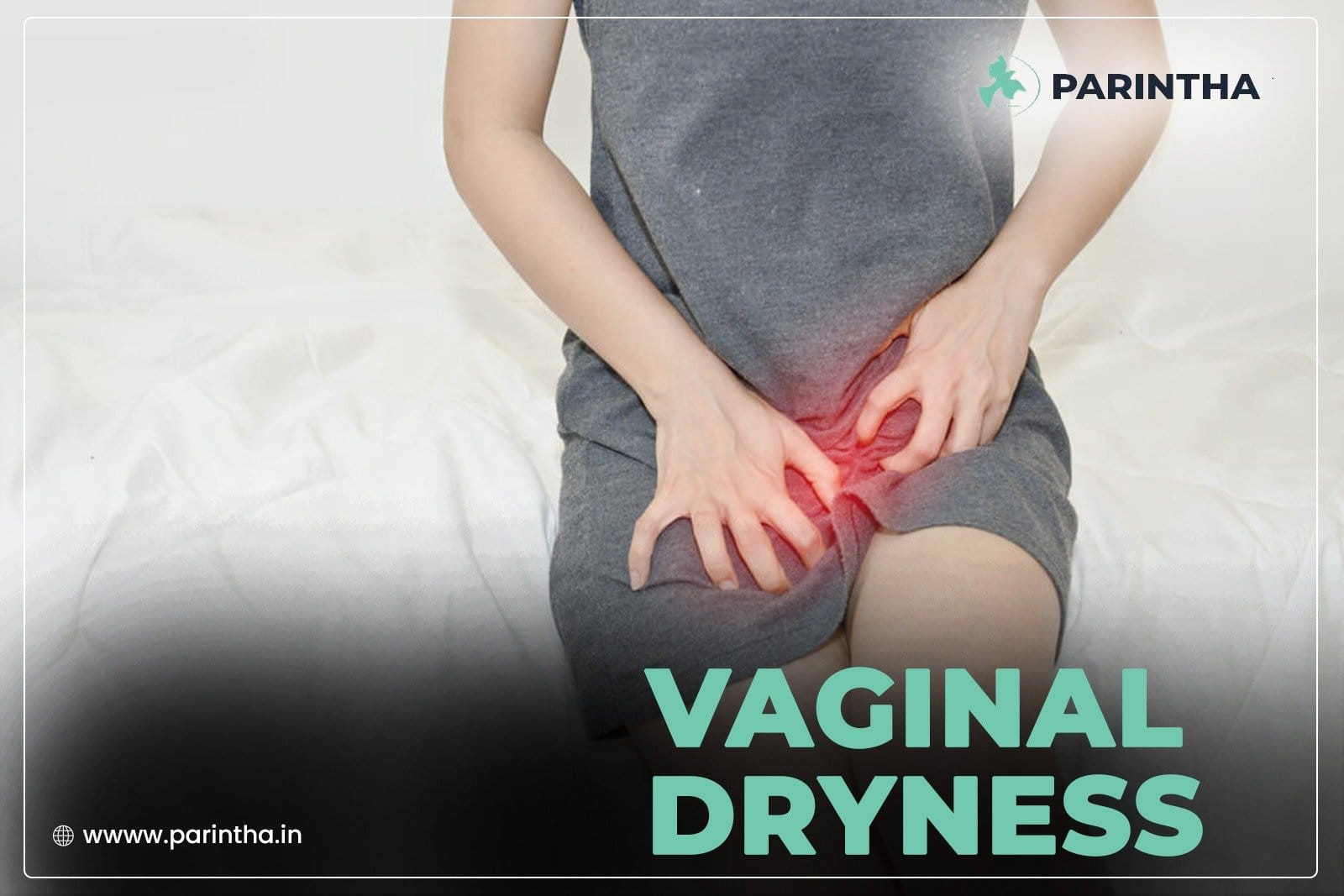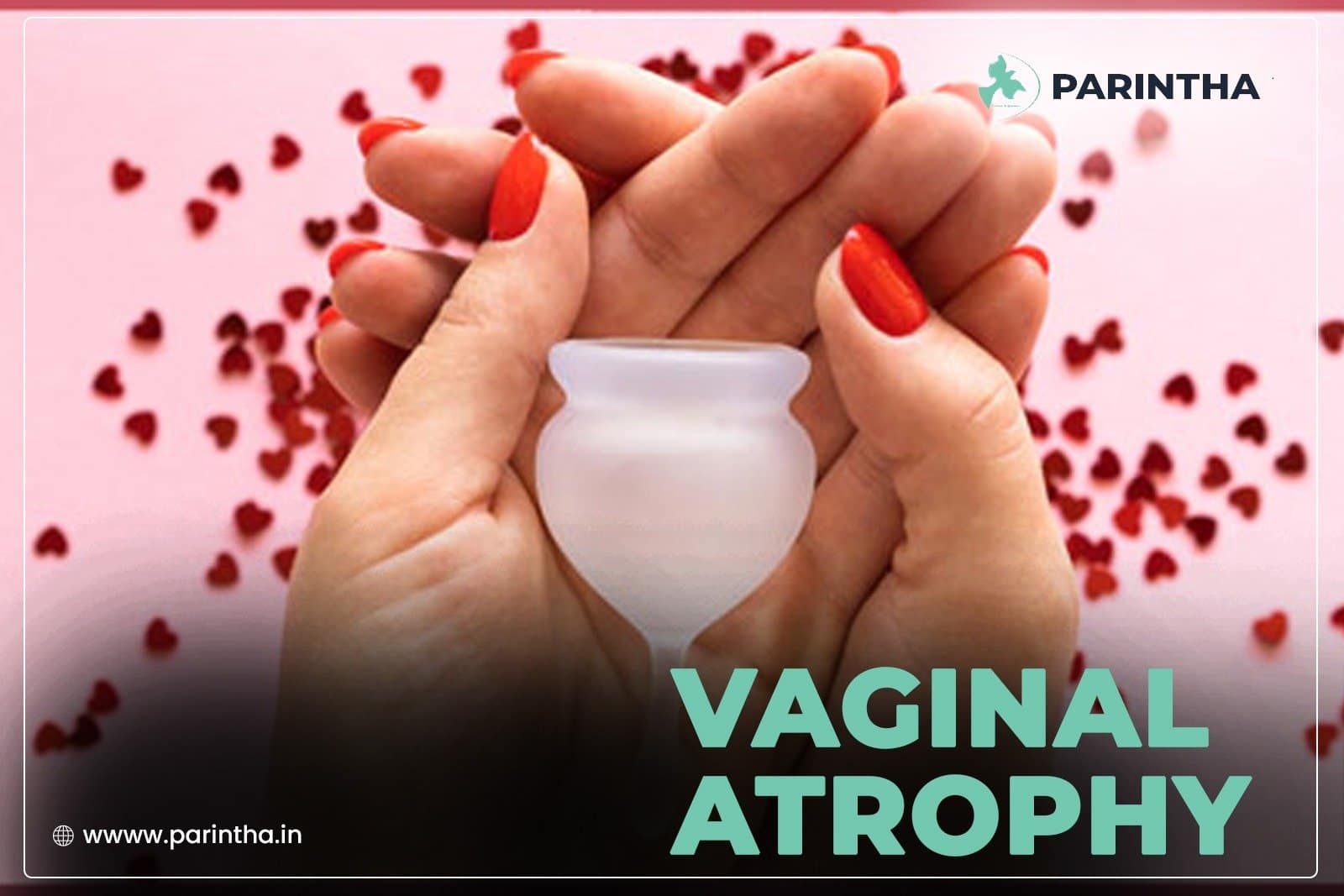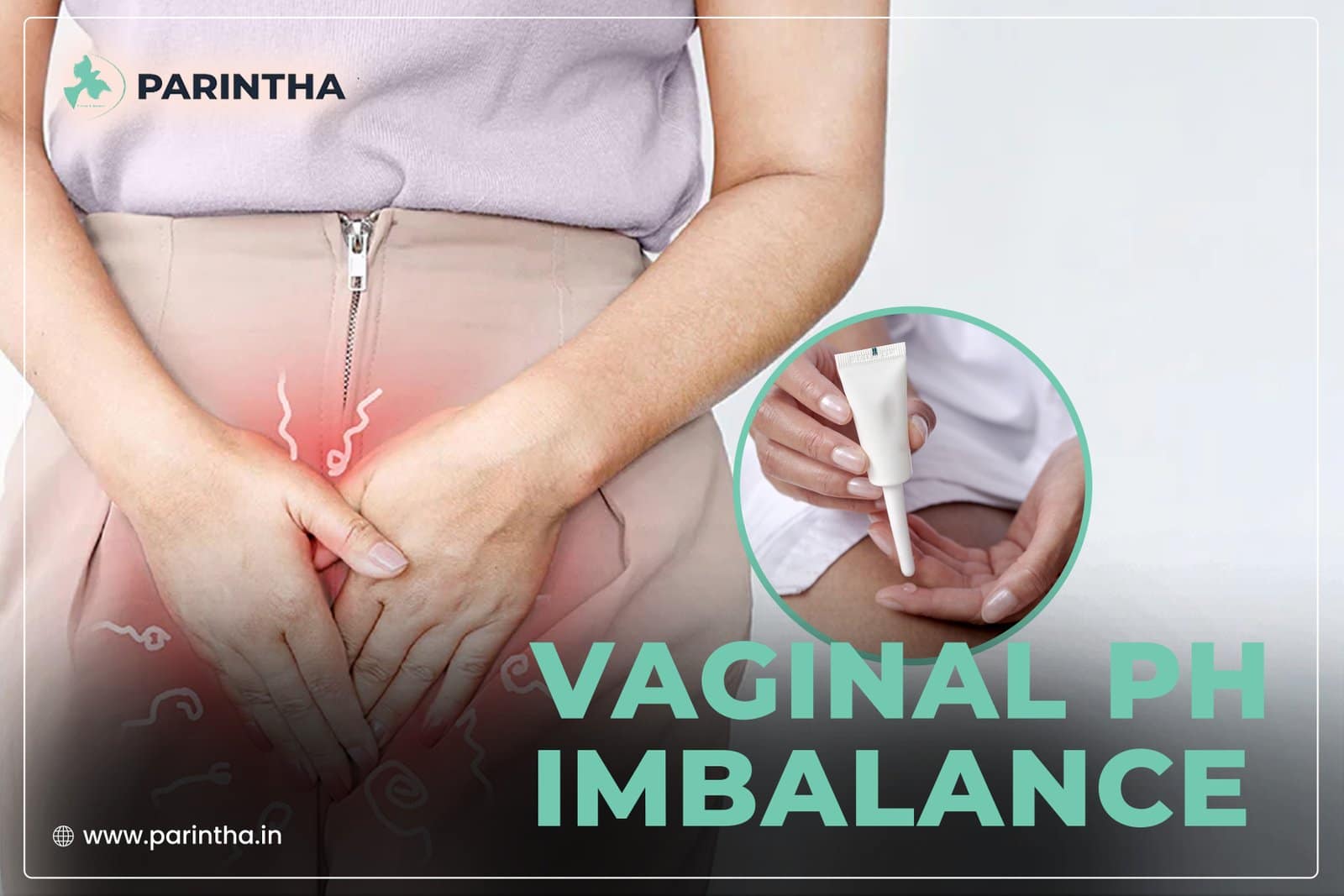 03Oct
03Oct
Can I Use Lubricant Gel for Vaginal Dryness? Benefits and Considerations
Lubrication is often linked to comfort during vaginal penetration and is considered an important aspect of sexual function in many cultures. Can I use lubricant gel for vaginal dryness? and what type of gel should I use? Are the commonly asked questions while considering lubrication. Enhancing Sexual Pleasure and Comfort Lubricant gels are commonly used to enhance pleasure during sexual activity, especially in cases of vaginal dryness or dyspareunia (pain during intercourse). Lubricant gels can enhance the experience by increasing pleasure for both partners and ease penetration, which is often …
